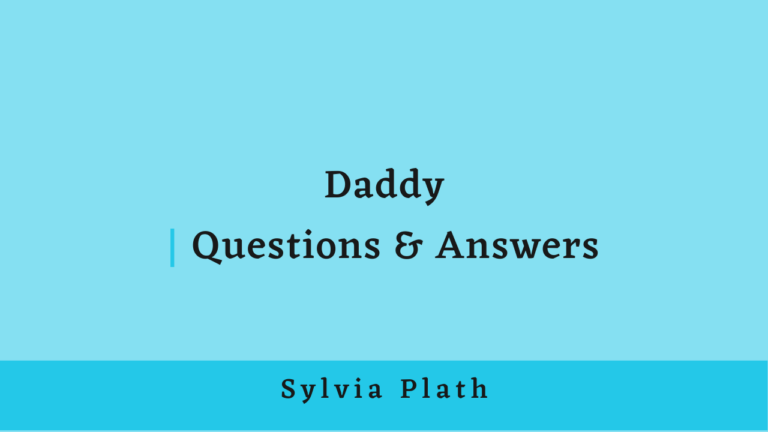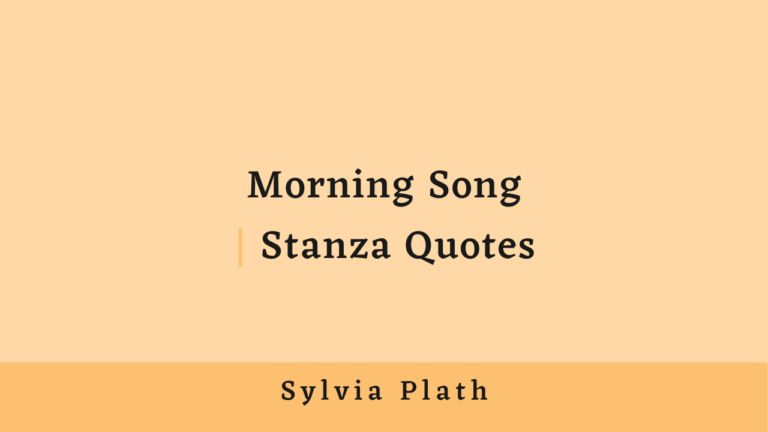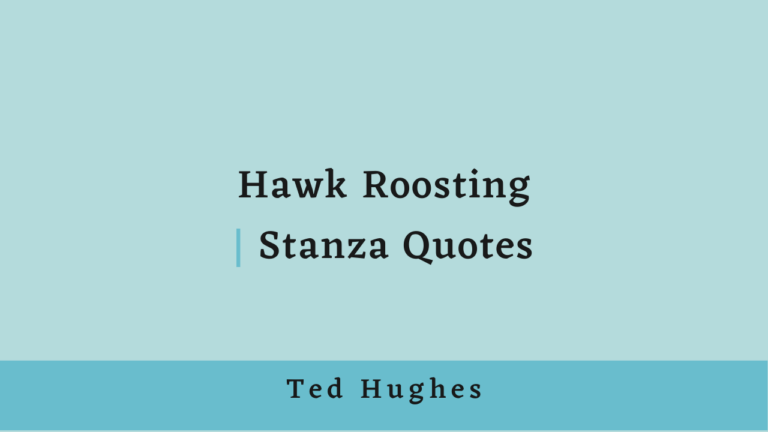The poet begins the poem by saying that she feels that she has been living like a foot for thirty years, and that she is no longer going to tolerate the “black shoe” in which she has been living. For these thirty years she has been scared and lived a poor life.
You do not do, you do not do
Any more, black shoe
In which I have lived like a foot
For thirty years, poor and white,
Barely daring to breathe or Achoo.
If we closely look at the poem, it opens with a striking metaphor; “foot” comparing herself in the state of foot confined within a “black shoe” for thirty years. This long tenure makes the speaker feel oppressive, fearful and emotionally weak. The repetition of “You do not do” in the opening line gives the sense of rebellion attitude of a speaker by rejecting the false comfort of tradition or authority. Details like being “poor” and fearing to breathe or sneeze shows the deep-rooted claustrophobia that make the speaker suffocated under the extreme form of domination. This stanza also reminds us of a nursery rhyme – the old woman who lived in a shoe. The repetition of “you do not do” in the first line even makes the stanza sound a little singsong-y. But this is no happy nursery rhyme – the speaker is poor, and won’t dare to breathe or sneeze meaning that she feels trapped and scared.
The poet uses the second person ‘You’ throughout the poem, which is used to refer to ‘Daddy’. The use of second person “You” establishes a direct, harsh tone, framing the poem as a confrontation with its oppressive force. The black shoe that she is referring to symbolizes the dominating figure of ‘Daddy’ whose presence shows over the poem as both a literal father and a broader representation of patriarchal control.






